2018 budget: Health workers urge NASS to increase health allocation
-
Decry ‘poor’ funding for sector
-
Say only 30% of PHCs nationwide functional
Health workers under the aegis of National Association of Community Health Practitioners of Nigeria, NACHPN, on Monday called on the National Assembly to raise the budget allocated for the nation’s health sector.
About 71 billion Naira committed to the country’s health sector by President Muhammadu-led Federal Government in the proposed 2018 budget is the lowest share of national budget committed to health sector in recent time, the group said.
The fund represents 3.9 percent of the total national budget of N8.6 trillion presented to joint session of the National Assembly on 7th November this year by Buhari.
At a briefing in Abuja, the workers said with the poor funding of the sector, government should not expect much result from the sector.
Averring that there is need for probity and accountability in funds allocated to the sector, NACHPN said the sector had been underfunded
NACHPN said the Federal Government refusal to commit 15 percent of Nigeria’s annual budget to health sector as agreed in what is popularly referred to as Abuja Declaration (an agreement by African Health of States and Government in 2010) is worrisome.
Speaking on behalf of the association, its Acting General Secretary, Ibama Asiton, said universal health coverage in the country is under threat, as according to him, only 30 percent of primary health centres in the country are functional.
He requested to know how government would provide universal health coverage to 100 million people being targeted for universal health insurance coverage with decaying PHCs? “This is why we are seeking the support of relevant organizations to ensure that there is improved funding for the sector for the wellbeing of people in the country.
The group, which comprises Community Health Officers, Community Health Extension Workers, CHEWs and Junior Community Health Extension Workers, JCHEWs, are the frontline primary health care professionals.
Asiton said: “We found that while the overall National budget of Nigeria has grown by 92% from N4.49 trillion in 2015 to N8.61 trillion in 2018, the same cannot be said of the health budget. The health budget has only grown by a small 14%. The prosperity of the country reflected in the growth of the national budget has unfortunately not yet been fully felt in the health sector.
“But, there is a bigger problem. This problem is that the 2018 health budget as a proportion of total national budget is only 3.9 percent. This the lowest share of national budget allocated to health in recent time!
“…In fairness to the government, the 2018 health budget is a good one with a lot of important new activities attracting good funding. However, the health budget is not good enough. In 2001, Nigeria signed a document here in Abuja called the Abuja Declaration together with other African leaders, which promised to allocate not less than 15% of total budget to health. The 3.9% share of total budget proposed for health in the NASS in Abuja is not in fulfilment of the Abuja Declaration. This is not good enough for the health of Nigerians.
“So, today, we must ask ourselves the question: does the 2018 health budget provide enough resources to consolidate the good work of the primary health care providers working within the policy of primary health care under one roof? Will this budget enable the Federal Minister of Health keep his promise of revitalizing 10,000 PHCs? It is more like the health sector is a runner up in this budget taking consolation prize and not consolidating anything.
“It is important to note that the allocation to the health sector in the 2018 budget for our neighbour Ghana is 7.1%, while Nigeria allocates 3.96% to the health sector, which indicates that we are trailing far behind Ghana.”
NACHPN called on the National Assembly to use its position to increase the bill, adding that NGOs will work with necessary organizations to ensure that budget for the sector is increased.
One of the executive members, Mr Yakubu Zakshi, commended government for “doing well” in implementation of 2017 budget. He said NGOs would continue to push for the Abuja Declaration.
Meanwhile, the Partnership for Advocacy in Child and Family Health at Scale, PACFaH@Scale, has launched another phase of its programme which ended earlier this year.
The new project, PACFaH@Scale, will run from now to 2022. As in previous programme, it will hold government to account for adequate funding at the health sector and for full implementation of key policies related to child and family health.
PACFaH@Scale, it was learnt at NACHPN media briefing, is also implemented by Nigerian civil society organizations such as the NACHPN the media and NGOs at national and state levels, working in a loose advocacy network.
“When PACFaH was first ralled out in 2015, the original NGO members were FOMWAN, PSN, CS-SUNN, AAFP, dRPC and HERFON. This new PACFaH project has eight NGO partners also seeking to engage more partners to work with.
“It is our sincere hope that within the five years of the project, we believe that all the objectives of PACFaH@Scale will be achieved. This will be possible when government answers our prayers by making adequate budgetary provisions for health in the budget, and by implementing in full, its own important national health policies, the National Health Act 2018 and the Primary Health Care Under One Roof Policy.
“It is because of the Primary Health Care Under One Roof national policy that we, the NACHPN are here today taking the lead in this press conference on the 2018 health budget.
“The 2018 annual budget proposal is called a budget of consolidation. If government is committed to consolidation of health care system, then the CHIPS are consolidators of the health sector. We bring it all together and hold it all together, NACHPN Acting General Secretary, Asiton said.

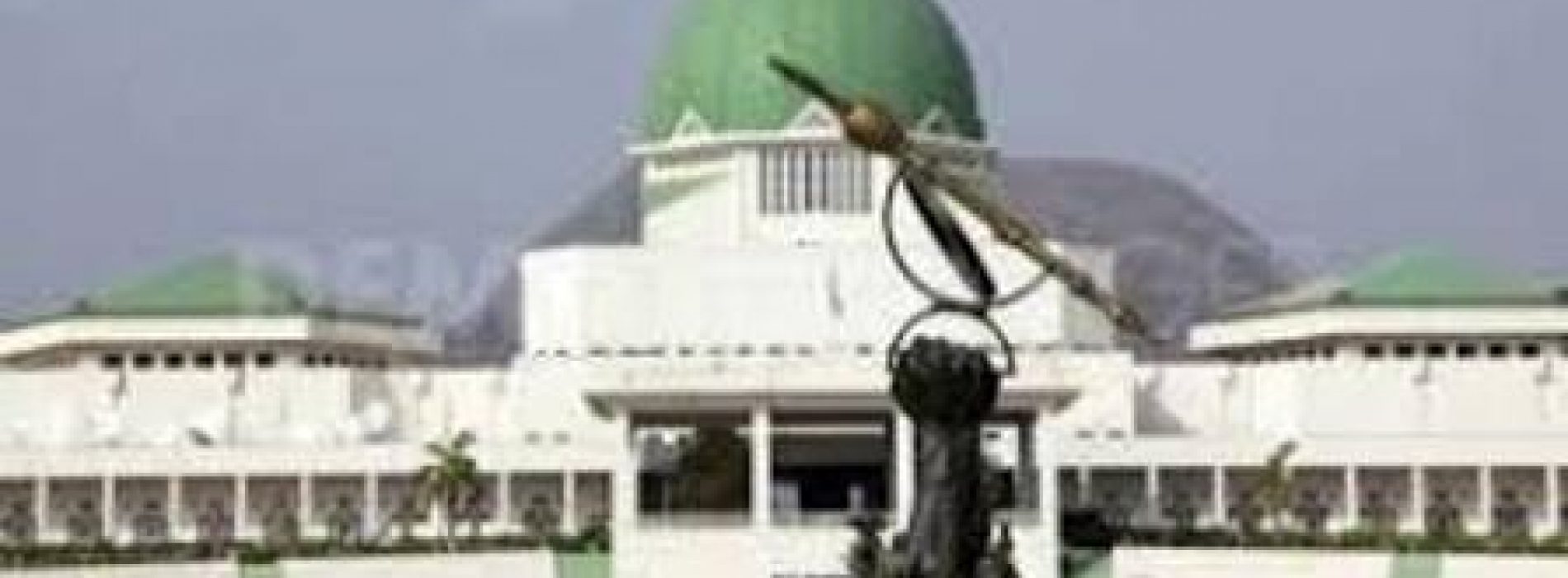
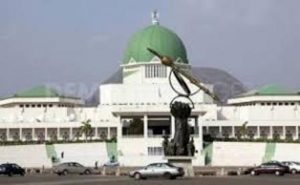
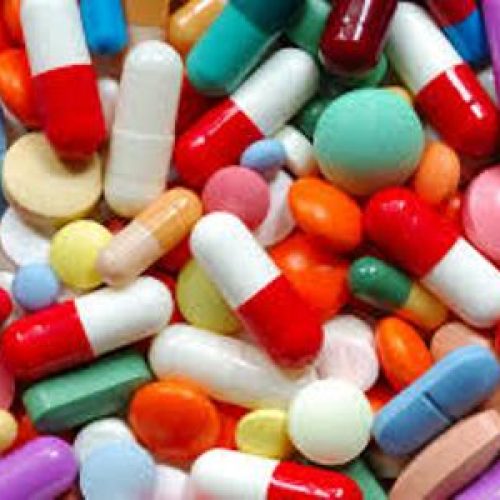
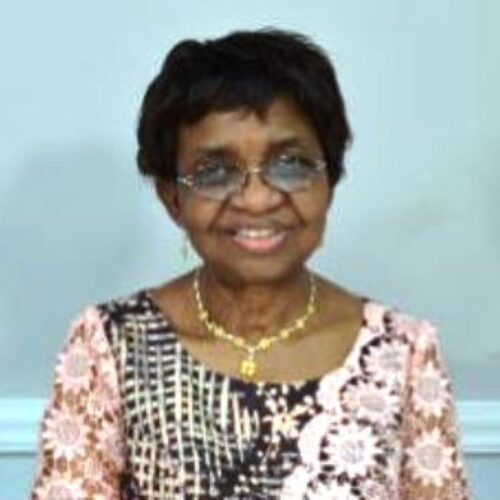
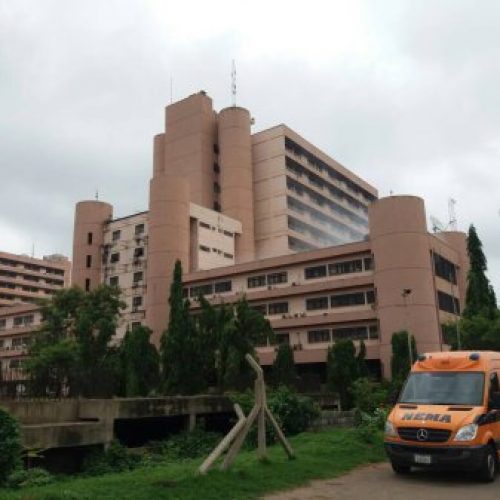


0 Comments
No Comments Yet!
You can be first to comment this post!